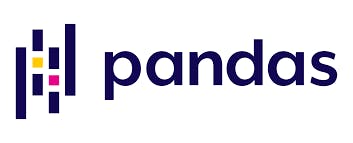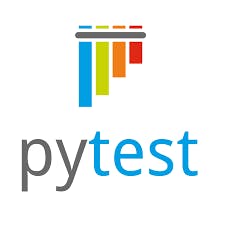
7 Essential Python Tools for Developers
Looking for the top Python tools used by developers? Check out these 7 must-have Python tools for efficient coding, data analysis, testing and more!
Python is one of the most versatile and powerful programming languages that offer a plethora of tools for developers. From testing and debugging your code to data analysis and machine learning, Python tools can help you build better applications. In this blog post, we will explore the top Python tools that can enhance your application development process and help you deliver powerful applications
- PyCharm
PyCharm is an Integrated Development Environment (IDE) that is designed specifically for Python development. It offers a variety of features, including code completion, debugging, and code inspection. PyCharm also integrates with version control systems like Git and supports popular frameworks like Django and Flask.
- Jupyter Notebook
Jupyter Notebook is an open-source web application that allows you to create and share documents that contain live code, equations, visualizations, and narrative text. It's a popular tool for data analysis and machine learning, as it allows you to interactively explore and manipulate data.
NumPy
NumPy is a powerful library for numerical computing in Python. It provides support for large, multi-dimensional arrays and matrices, as well as a variety of mathematical functions and operations. NumPy is a foundational library for many other data analysis and machine learning libraries in Python.
Pandas

Pandas is a library for data manipulation and analysis in Python. It provides support for data structures like Series and DataFrames and offers a wide range of functions for data cleaning, transformation, and analysis. Pandas is widely used in data science and machine learning applications.
- Requests
Requests is a library for making HTTP requests in Python. It provides an easy-to-use API for sending HTTP requests and handling responses and supports a variety of authentication methods and request types. Requests is a useful tool for building web applications and APIs in Python.
- Pytest

Pytest is a testing framework for Python that makes it easy to write and run unit tests. It offers a variety of features, including fixtures for setting up test environments, plugins for integrating with other tools like Django, and support for parallel testing. Pytest is a popular choice for testing Python applications.
- Matplotlib
Matplotlib is a library for creating visualizations in Python. It provides support for a variety of plot types, including line, scatter, bar, and histogram plots. Matplotlib is a powerful tool for data visualization and is widely used in data analysis and scientific computing.
In conclusion, the wide range of tools that Python offers makes it an excellent choice for building applications across different disciplines. Whether it's analyzing data, building web applications or writing robust and maintainable code, Python has a tool for nearly every task. Moreover, as these tools are open-source, they are freely available to use and contribute to, making Python an active and ever-evolving programming ecosystem. Ultimately, Python's ease of use, versatility, and extensive support from the community make it a fantastic choice for any programmer looking to develop efficient and effective software solutions.
